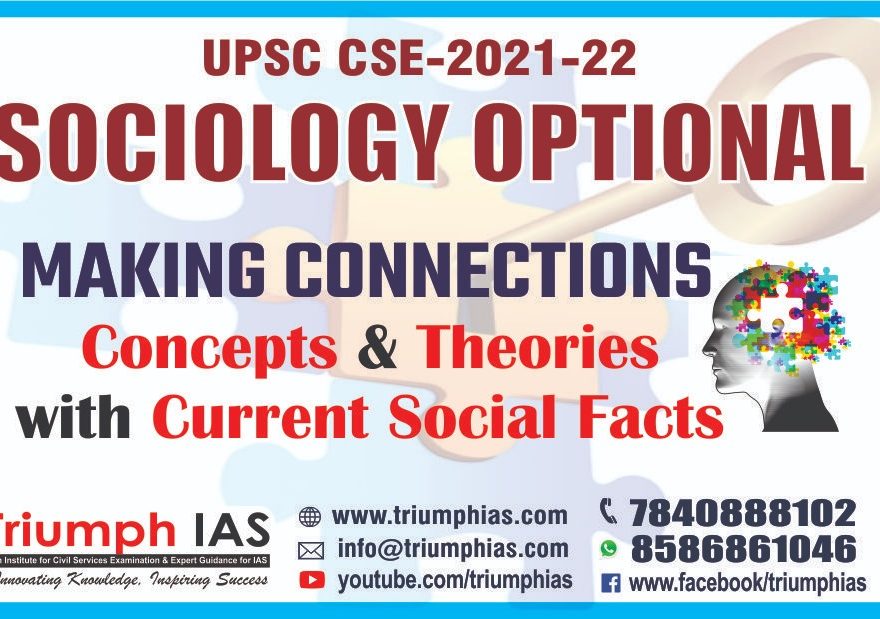Relevance: Sociology: Population Dynamics : Population size, growth, composition and distribution. Components of population growth: birth, death, migration.

Reverse migration may not reflect in any official data or in any specific study, but is casually lurking around in most post Covid-19 pandemic conversations and in thousands of YouTube videos, and in more profound and defined ways than ever before.
Are our dear netizens living in metropolitan cities really cloyed with the idea of living with collective narcissism?
Are our cities are hurtling towards doom in the backdrop of colossal damage to mental peace and burgeoning sustenance needs that demand huge monetary resources?
These conversations were doing the rounds even before the current pandemic devastated our lives.
Many of my friends now find it extremely difficult to adapt to every new demand or challenge that life in big cities throws up every now and then.
It is no longer spending more hours in front of blue screens, workplace pressures or dealing with the complex web of uncertainties like the current pandemic but a strange void that is gradually swallowing the space we enjoy living in and posing new mental and physical health problems.
The drive to live in a city dips a thousand times every day when one is stuck in traffic and breathes toxic air, among other things.
As an urbanite, I enjoy many things about living in the city, such as walking to quaint, local coffee shops and restaurants, attending cultural events and meeting people from diverse backgrounds.
But even though living in a metropolis can be exciting, there are some downsides. Heavy traffic, for instance, makes it challenging for me to socialise with my suburban friends.
Additional frustrations include crowded public transportation, noise pollution and overpriced food at restaurants.
But more than these externalised challenges, it is the inner mess that is forcing many to either go back to their rural roots or find solace in places, away from the claustrophobic confines of cities where inner peace matters most.
An acquaintance of mine who was working with a reputed construction company as a civil engineer in Mumbai went back to his village in Sonipat, Haryana to finally settle down as a farmer two years ago.
Sociological Perspective
- Migration is about people and people have been on the move for thousands of years. For sociologists, interest in migration has primarily focused on the social and cultural integration and movement of migrants, both regular and irregular.
- This interest is spurred by the effect that such movements have on the political economy of countries that send migrants, and those who receive them. Since neither migration nor society are constant, these effects are constantly evolving.
- As a result, migration and development are interrelated processes, both of which have been instrumental in shaping human civilization. The contribution of those who move both in terms of human and financial capital, is what impacts on the social, economic and political development of a society.
- For instance, migrants bring resources to the host country in terms of their skills and knowledge, but also bring resources to their country of origin, including remittances and foreign investments and newly acquired social traits.
- At a micro level, these resources provide migrant households with additional income, introduce new innovations in their communities and bring back new skills, ideas and values.
- At a macro level, these may, in the long run, lead to changes in power and gender relations and new ways of governments doing business together.
- This cyclical pattern of migration which occurs when people are able to move across borders, is what creates the inevitable connection between migration and development and as a result, shapes host and origin societies.


One comment